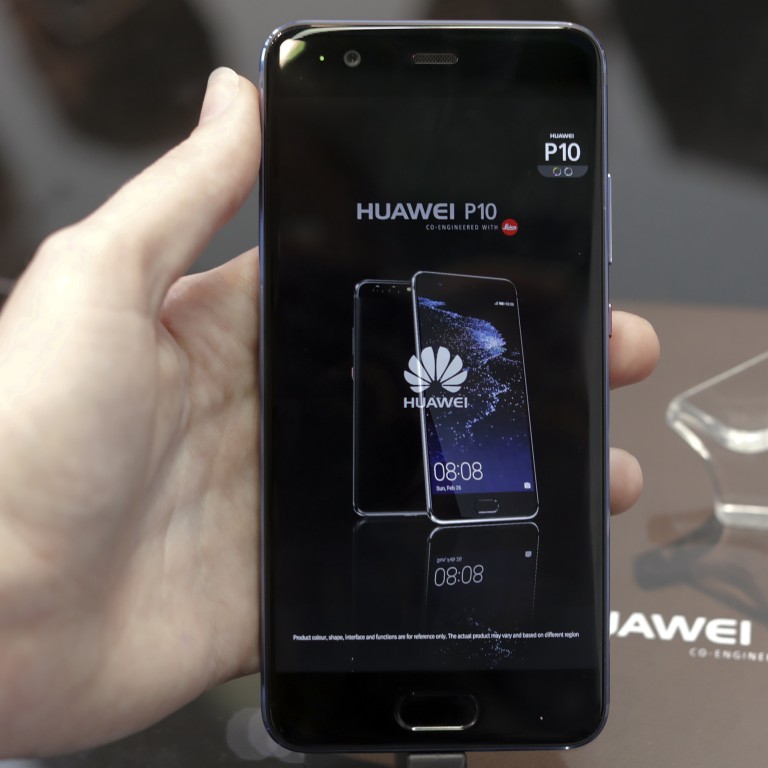
How US government fears about Chinese tech affect you
Spy chiefs warn of danger posed by companies from China
Why the warning?
How does this affect me?
If you’re trying to get your hands on a Chinese handset, it could get harder.
What about other devices?
It’s not just smartphone makers that are raising concerns among U.S. authorities.
Meanwhile, the US Army has imposed an internal ban on DJI drones -- but before that, it was looking into buying a series of DJI Phantom and Mavic Pro drones.
Beyond that, Wray said the FBI is worried by Chinese firms sweeping up US startups that can offer useful technology for spies and military operatives back home.
Rocket engines and military robots probably aren’t useful for regular folks like you and me. But as the US Army’s DJI ban shows, the boundary between consumer goods and national security is becoming increasingly blurry.
For more insights into China tech, sign up for our tech newsletters, subscribe to our Inside China Tech podcast, and download the comprehensive 2019 China Internet Report. Also roam China Tech City, an award-winning interactive digital map at our sister site Abacus.

